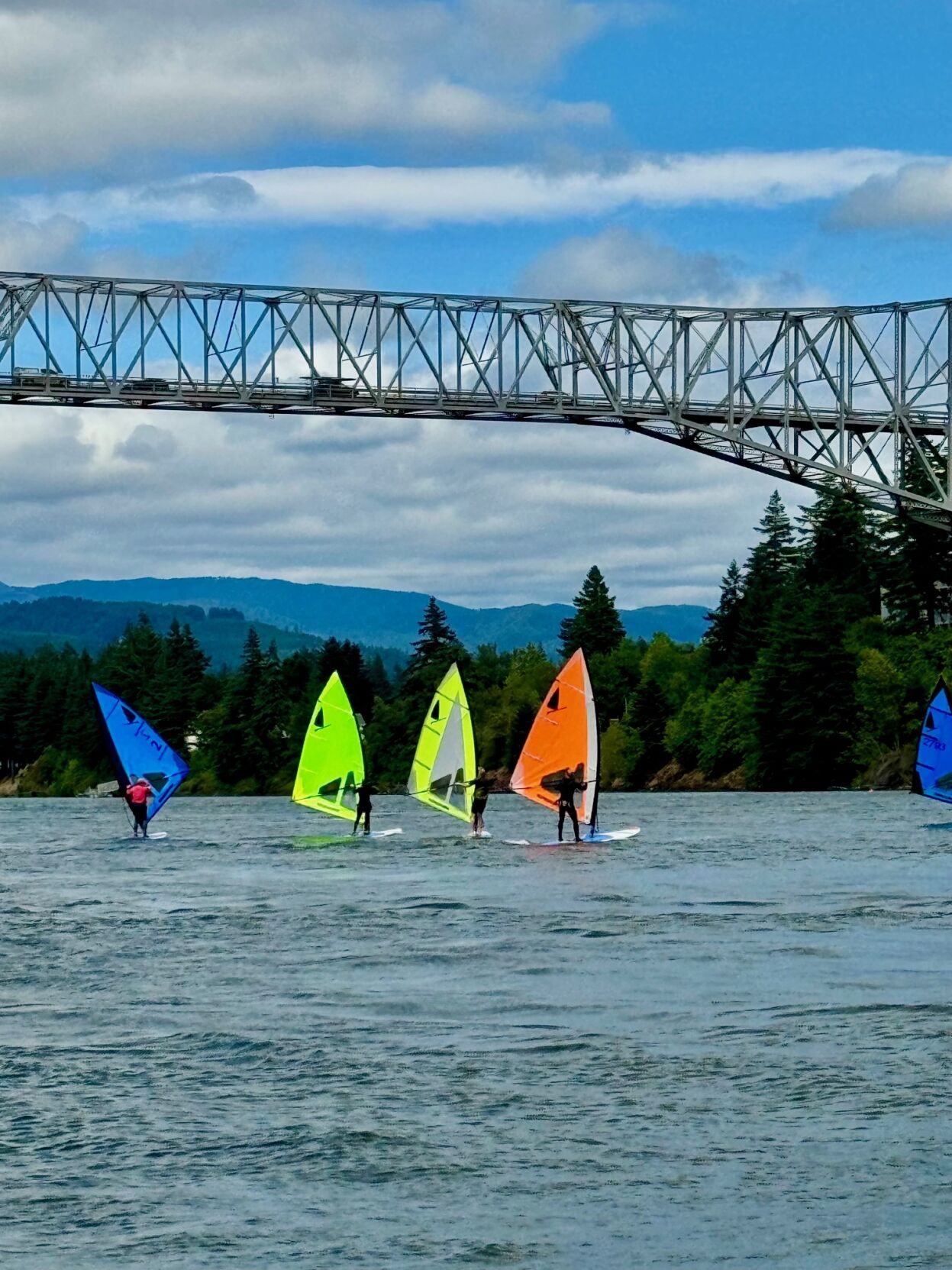In a bid to bolster emergency services, the Cascade Locks City Council discussed a proposed Food and Beverage Sales Tax during their October 13 work session. The council has moved the measure’s vote to May, giving the community more time to consider its implications.
Cascade Locks food, beverage tax vote moved to May

Key Takeaways:
- The proposed Food and Beverage Sales Tax aims to fund emergency services.
- The Cascade Locks City Council held a work session on October 13 to discuss the proposal.
- Officials decided to move the vote on the tax to May.
- Local businesses and residents remain a focal point in this decision.
Context of the Proposal
Cascade Locks, a small city known for its close-knit community, has been evaluating new funding sources to ensure reliable emergency services. During recent discussions, officials identified a Food and Beverage Sales Tax as a potential tool to address budget needs.
Details from the Session
On October 13, the Cascade Locks City Council convened a work session before its regular meeting. According to city officials, the primary topic on the agenda was the proposed tax and how it would benefit fire, medical, and related emergency services. The meeting allowed council members and other attendees to examine the impact such a measure could have on residents and visitors.
Reasons Behind the Vote Move
Although the council initially considered an earlier vote, members ultimately announced that the measure would appear on the ballot in May. The decision allows city leaders and community members additional time to explore the implications of the tax, gather more feedback, and craft a plan that clearly explains how funds would be allocated.
Implications for Emergency Services
Supporters of the tax believe that a new revenue stream could improve response times and overall readiness for emergencies. While the proposal faces questions about how it might affect local businesses, officials maintain that ensuring public safety remains a top priority.
Next Steps
As May approaches, residents are encouraged to stay informed about the potential benefits and challenges of the Food and Beverage Sales Tax. Public forums and city council sessions in the coming months may further clarify how these dollars could strengthen vital emergency response capabilities.











